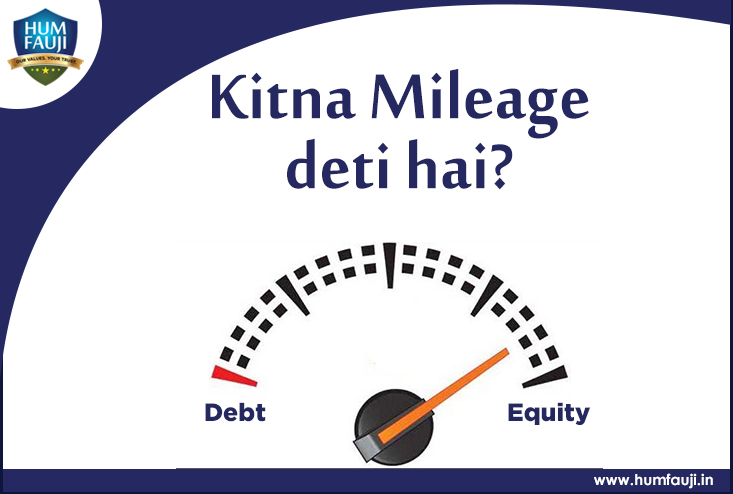12Aug
Writing of Will and A sample format by Hum Fauji Initiatives
We have amended the format of Will which we had been sending to you......26Jun
Financial Planning for your earning child?
‘I hope my son doesn’t manage his money like I did when I was......29Jun
Kitna Mileage deti hai?
Sir, I’ve told him that he has a 80% Debt and 20% Equity portfolio......26Apr
Are you helping your Earning Child manage the money Wisely?
There is no doubt that accumulation of substantial wealth generally occurs ...02Apr
Failing to Plan is Planning to Fail
To say that we should plan our finances well is just to state the......06Feb
Involving your better half in the financial planning.
When Wing Commander AK Singh (name changed), a serving Air Force officer, a...10Dec
Early Start, Good Planning will result in Good Future Ahead
Lt Col Jit Bahadur Chettri, a 39 year old Indian Army officer, is posted......20Nov










